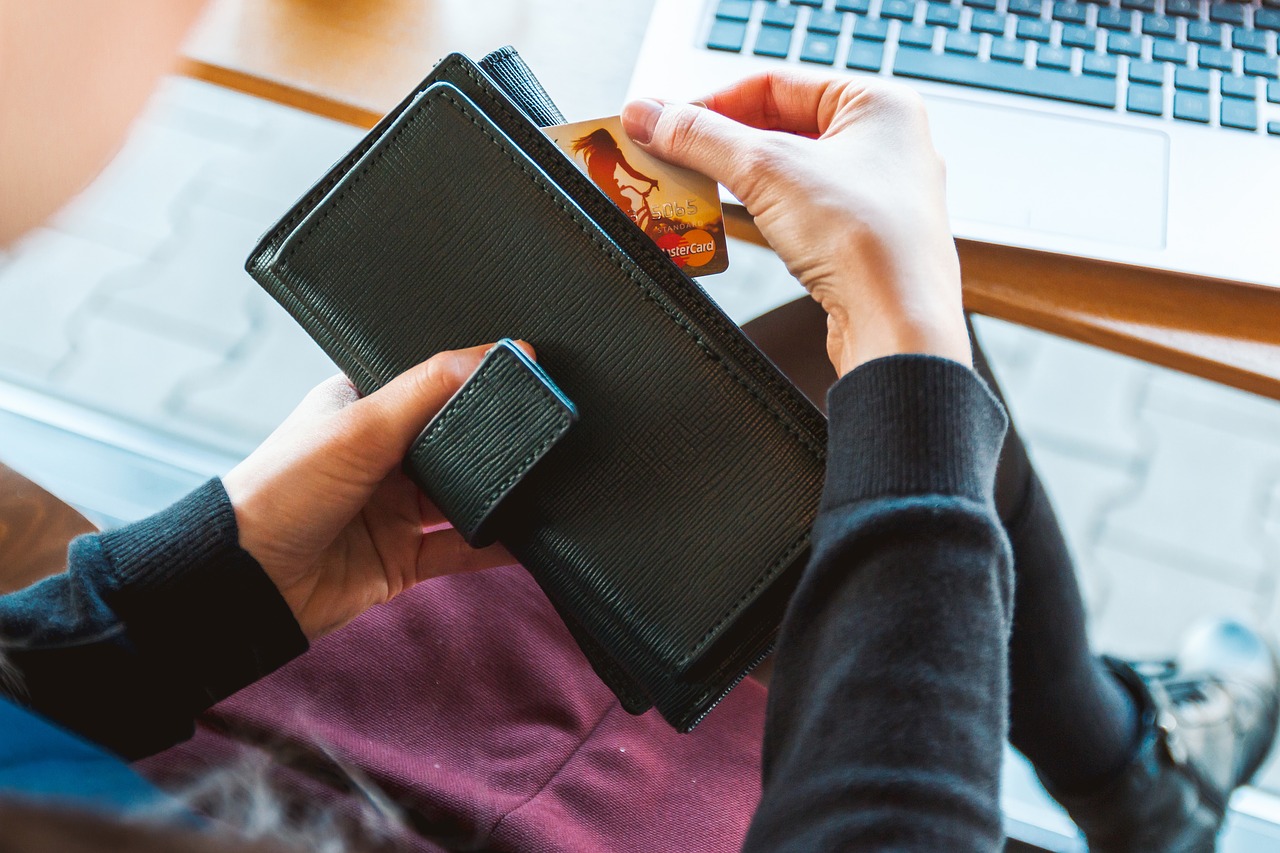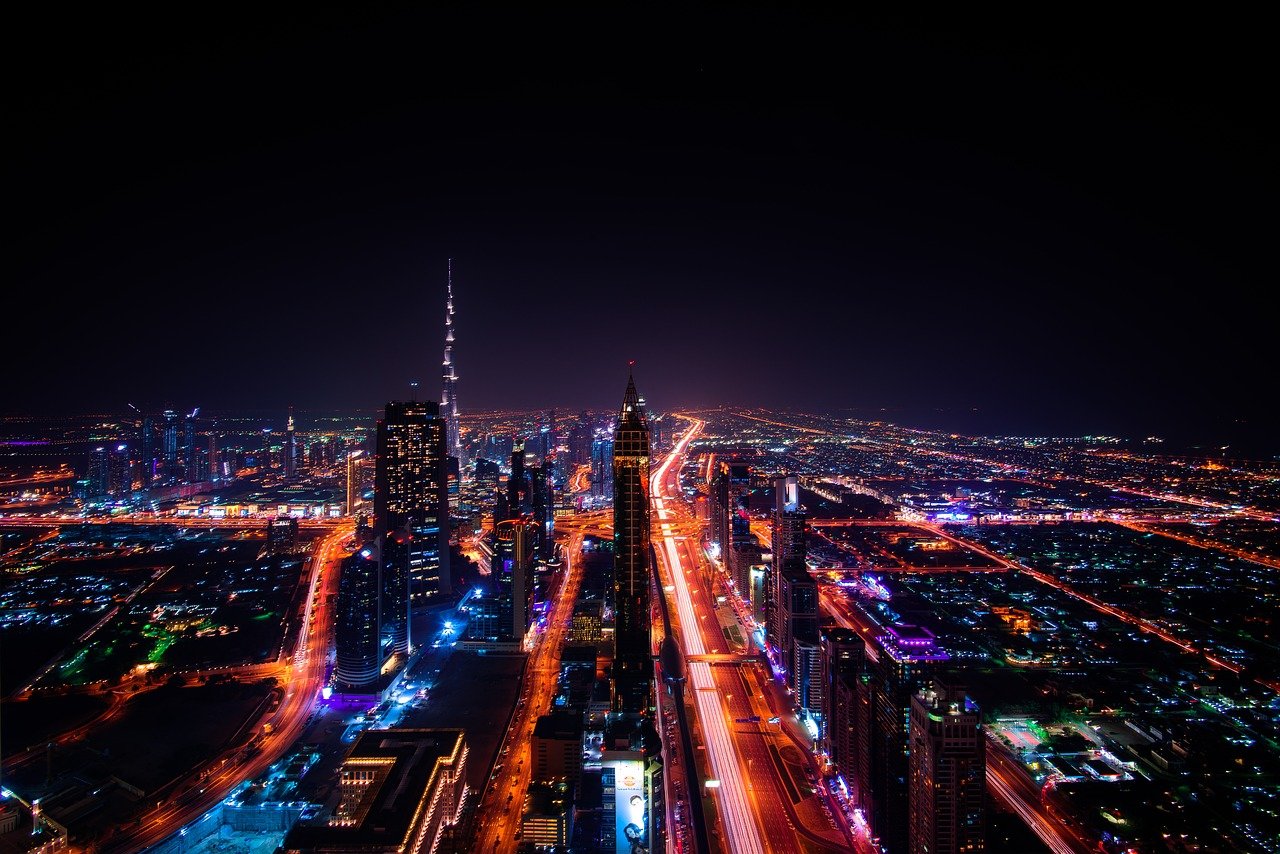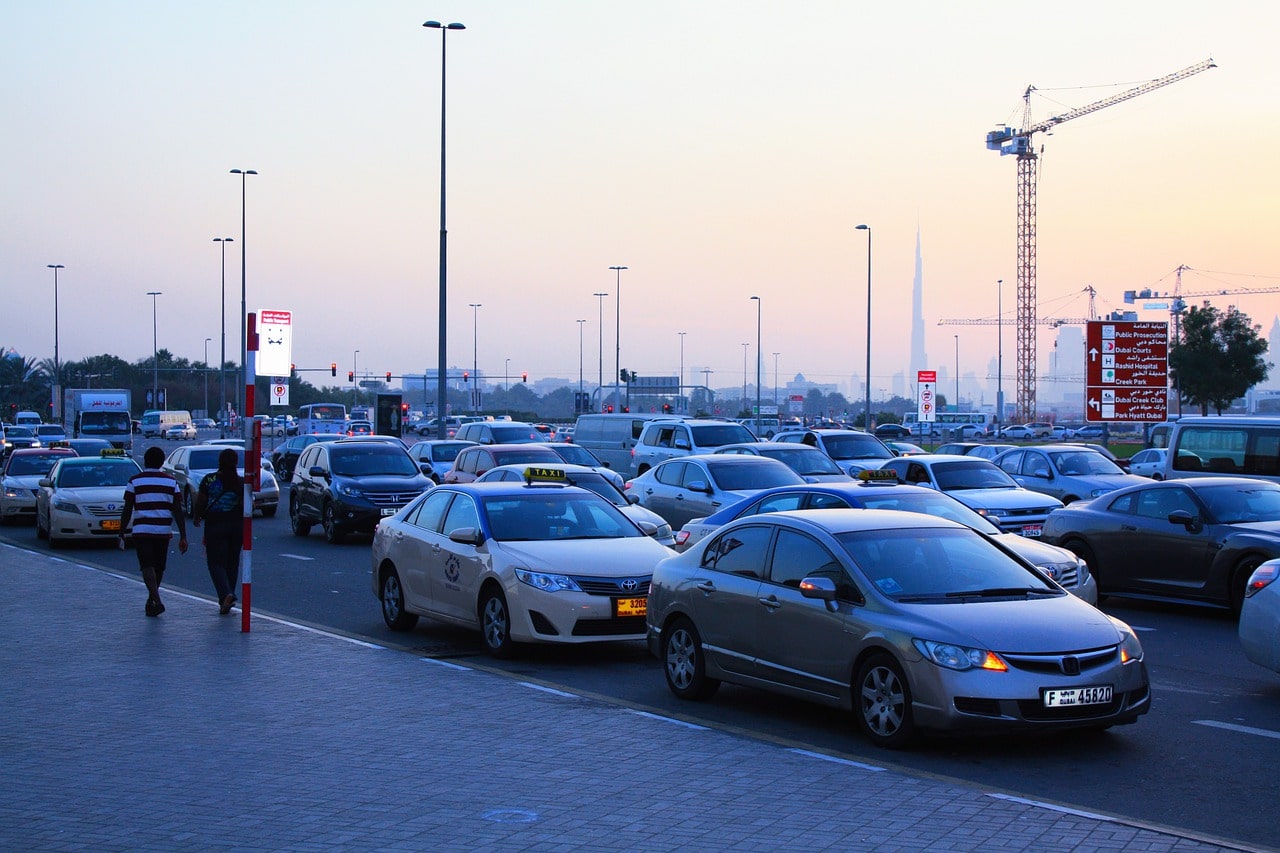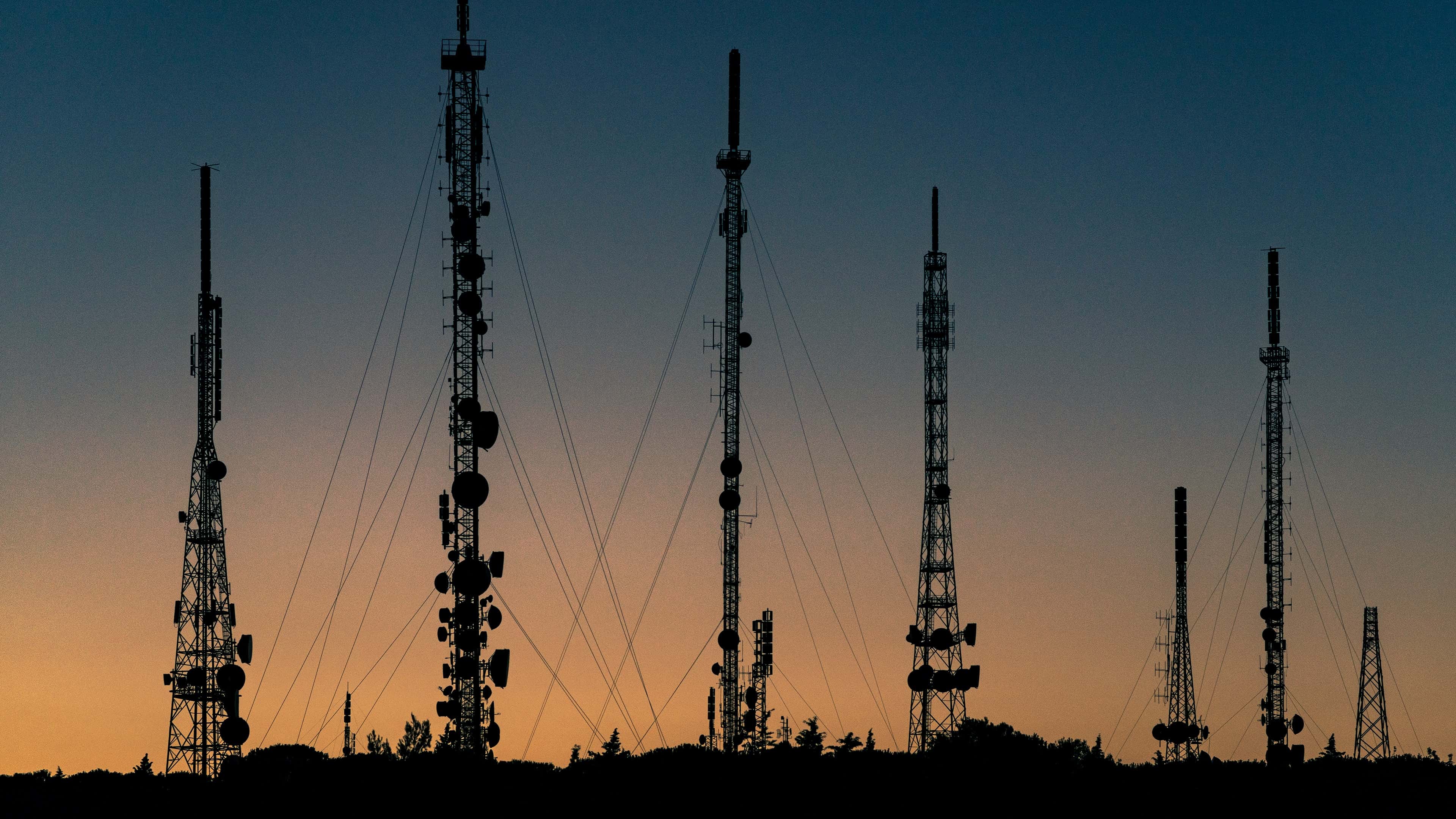Dubai free zones area has become one of the key pillars in the United Arab Emirates (UAE) economy. According to statistics revealed in Dubai’s Annual Investment Meeting (AIM), the emirate accounted for 30% of 160 free zones in the Middle East. The free zones are designed to encourage foreign investment with several advantages, including: 100% foreign national ownership; waiver corporate and personal tax; 100% repatriation of revenue and profits; easier start-up processes, labour and immigration procedures; and 100% free transfer of funds.
Free zone trade area in Dubai reached Dh 394 billion in the first nine months of 2018, with China, Saudi Arabia and India as the biggest trading partners of the emirate’s 24 free zones. The official data recorded that the free zone accounted for 41% of Dubai’s total trade and marked a 22% growth rate during the period.
According to Dubai Customs, the emirate’s total trade in the same period reached Dh 965.3million, with 54.5% imports and 45.5% exports from free zones. The free zones have generated 31.9% of Dubai’s GDP, with more than 41,000 companies employ over 354,000 people. As stated by Sheikh Ahmed bin Saeed Al Maktoum, Dubai’s economy relies on the efforts to diversify the national economy through these free zones, exploring the non oil future in line with the Dubai Plan 2021.
Dubai Airport Free Zone
The Dubai Airport Free Zone (DAFZA) is set to be an economic hub which provides a wide ray of products to both investors and consumers, with more than 1,600 companies. DAFZA has been a catalyst of Dubai’s economy and UAE subsequently by attracting foreign investment, creating jobs and strengthening the consuming power. It has been a home to major global fortune 500 brands, including GE Aviationa, Rolls Royce, Richemont Group, Airbus, Boeing and Panasonic.
The USD 272.2 million increase in DAFZA’s 2019 budget is reflecting its commitment to continuously contribute to Dubai’s economy. DAFZA’s 2018 foreign trade grew USD 15.2 billion to reach USD 39.7 billion, contributing 11% tu Dubai’s foreign trade.
Earlier in 2019, Shaikh Maktoum Bin Mohammad Bin Rashid Al Maktoum laid the foundation stone for the Dh 4.3 billion Dubai Commercity as the first regional e-commerce free zone, targeted to boost the emirate’s position in global trade. In partnership with Wasl Asset Management Group, the e-commerce free zone will be constructed by the DAFZA.
Jebel Ali Free Zone
Located in the Jebel Ali area at the far western end of Dubai, Jebel Ali Free Zone (Jafza) is one of the oldest free economic free zones, commencing operations in 1985, spread over 57 sq km on both sides of Sheikh Zayed Road. The zone is accessible via road and the Danube and UAE Exchange stations of the Dubai Metro.
Jafza has turned Dubai into a global trading powerhouse, a home to 7,300 international companies and approximately 144,000 employees, accounting for 32% UAE’s FDI with 21% of Dubai’s GDP. Jafza accounted for 70% of value and 97% of all trade volumes generated by Dubai’s free zones in 2017, while Jebel Ali Port contributed 26.1% to Dubai GDP.
Jafza is set up with the specific purpose to facilitate investment with simple procedure. The zone is seen to be suitable for companies intending to use Dubai as a regional manufacturing or distribution base, supported by freedom corporate taxation of a period of 50 years.
Dubai Media City
The Dubai Media City was built in 2001 as a governmental establishment to boost the UAE’s media foothold. It has become the country’s main media hub, including news outlet, advertising companies, production firms and broadcast facilities. The Media City is now transforming into a haven for media industry across the Middle East, a home to 1,500 multimedia companies and more than 25,000 workforces.
The Dubai Media City is among the most expensive “tech districts” in the world, ranked 13th in 2017 with a prime average rent of USD 43.55 per sqf. The City is also benefiting from the residential options present in the wider Tecom zone, fitting in with the resident’s desire to live, work and play within close quarters..
Dubai Silicon Oasis
The Dubai Silicon Oasis (DSOA) is set to be a free zone authority, established in 2004 across 7.2 sq km area, which attracts a number of high tech companies, aiming of being a hub of innovation and technology. The Oasis is integrating living and working community with an estimated 162,400 population.
Along with the construction of Silicon Park that is due for completion in the first half of 2019, Dubai is forging a reputation for being one of the smartest city in the world. The park is comprising 71,00 sqm of office spaces, 25,000 sqm of commercial space and 46,000 sqm residential area, with a 112 room business hotel and 59 furnished apartments. All of the buildings will be connected to integrated building management systems with smart sensors to monitor every aspect of the park.



